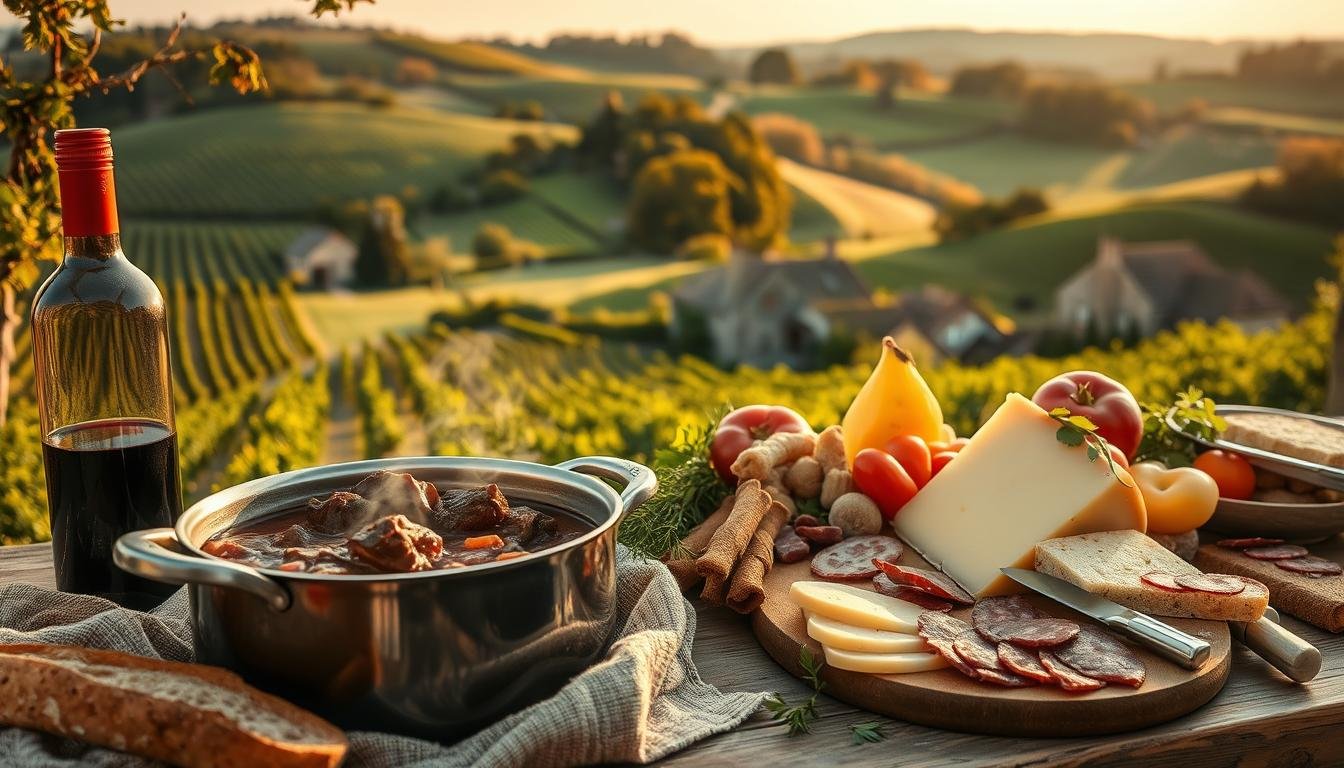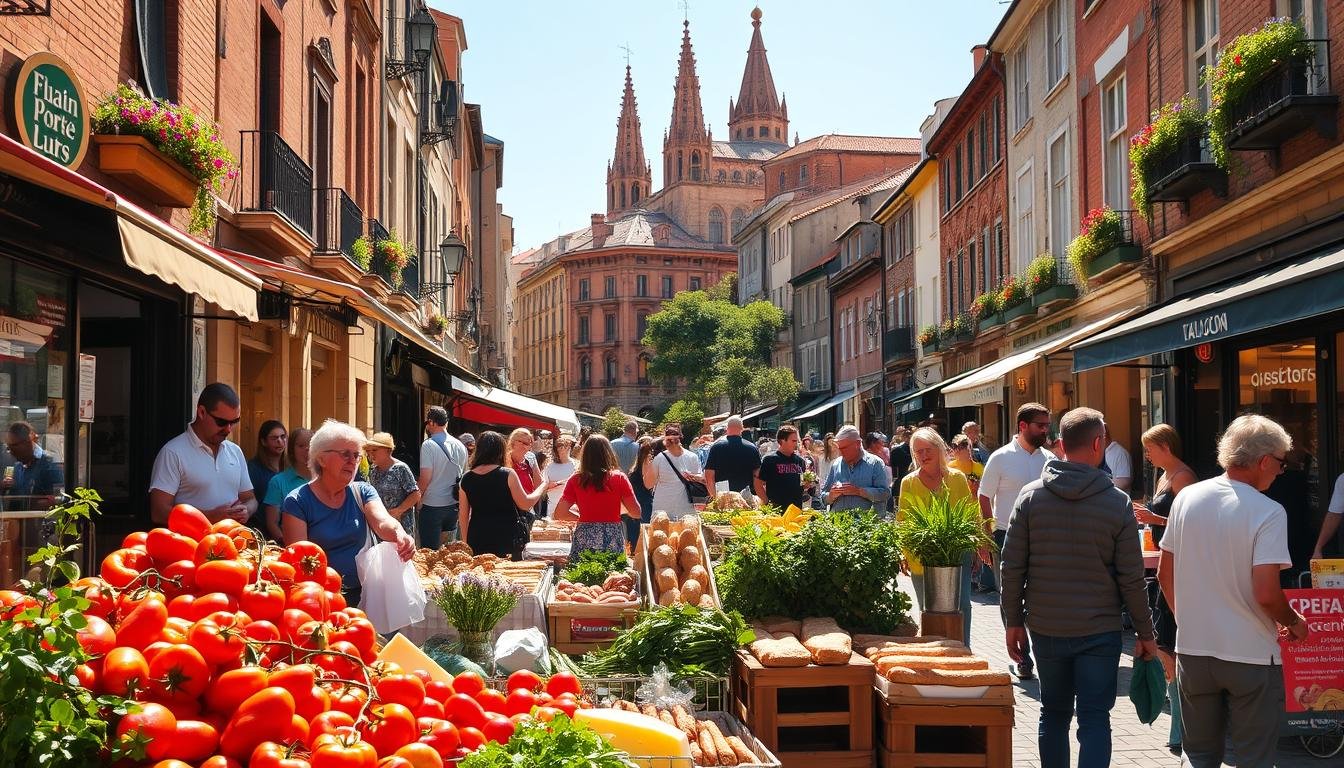My first taste of Tours was at a morning market stall. The smells of roasted garlic and fresh baguettes filled the air. Goat cheese and apple cider added to the mix. This city, often skipped for Paris or Lyon, has its own unique flavors.
Walking the cobblestone streets, I found a love for simple, seasonal food. Peaches, smoked sausages, and veal dishes from the Renaissance era were everywhere. It’s a place where tradition meets innovation, offering a deep dining experience.
Tours is a hidden treasure because of its humble pride in its heritage. Street vendors sell fouace, a buttery bread, while top chefs create modern menus. Every meal here tells a story of the land, history, and the people who care for it.
Key Takeaways
- Tours offers an authentic Tours France food guide experience, showcasing Loire Valley cuisine distinct from Paris or Lyon.
- French regional cuisine here blends rustic traditions like andouillette with innovative farm-to-table creativity.
- Markets like Halles de Tours reveal the heart of the region’s agricultural bounty and culinary soul.
- Exploring Tours’ food culture invites travelers to taste history through dishes tied to local terroir and seasonal ingredients.
- This guide highlights must-try dishes and hidden gems that define Tours’ understated yet rich gastronomic identity.
Discovering the Gastronomic Heart of the Loire Valley
The Loire Valley is famous for more than its châteaux. It’s known for its Loire Valley gastronomy that Tours has cherished for ages. Walking through its streets, I felt history in every bite, from truffle pâtés to fresh riverfish. This city is more than a stop between Paris and the Atlantic. It’s where Tours culinary heritage comes alive in every market and bistro.
Why Tours Deserves Its Culinary Reputation
Chefs in Tours are proud of their terroir. At a vineyard lunch, a third-generation producer shared,
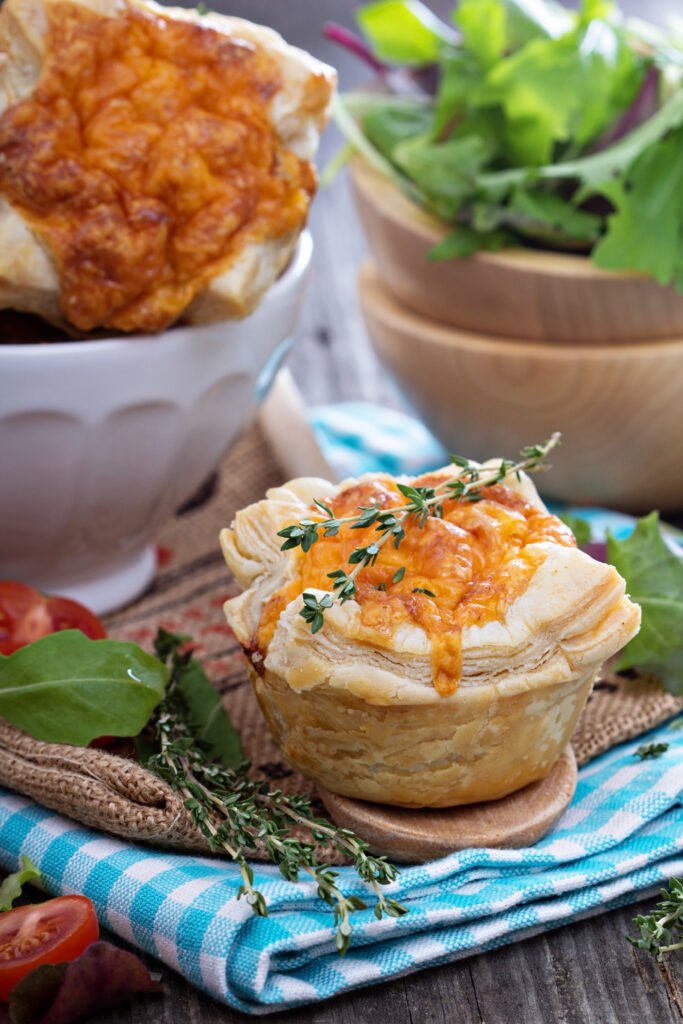
“Our soil and rivers don’t just feed us—they define us.”
Tours’ Michelin-starred chefs mix French food traditions with new ideas. But the heart of their cooking stays the same: respect for ingredients and careful preparation.
The Rich Agricultural Heritage Behind Tours’ Cuisine
- Fertile Loire soils yield golden wheat for pain de campagne
- Valley orchards supply apricots and peaches for summer tarts
- Centuries-old charcuterie techniques preserve meats without artificial additives
My First Food Impressions of This Historic City
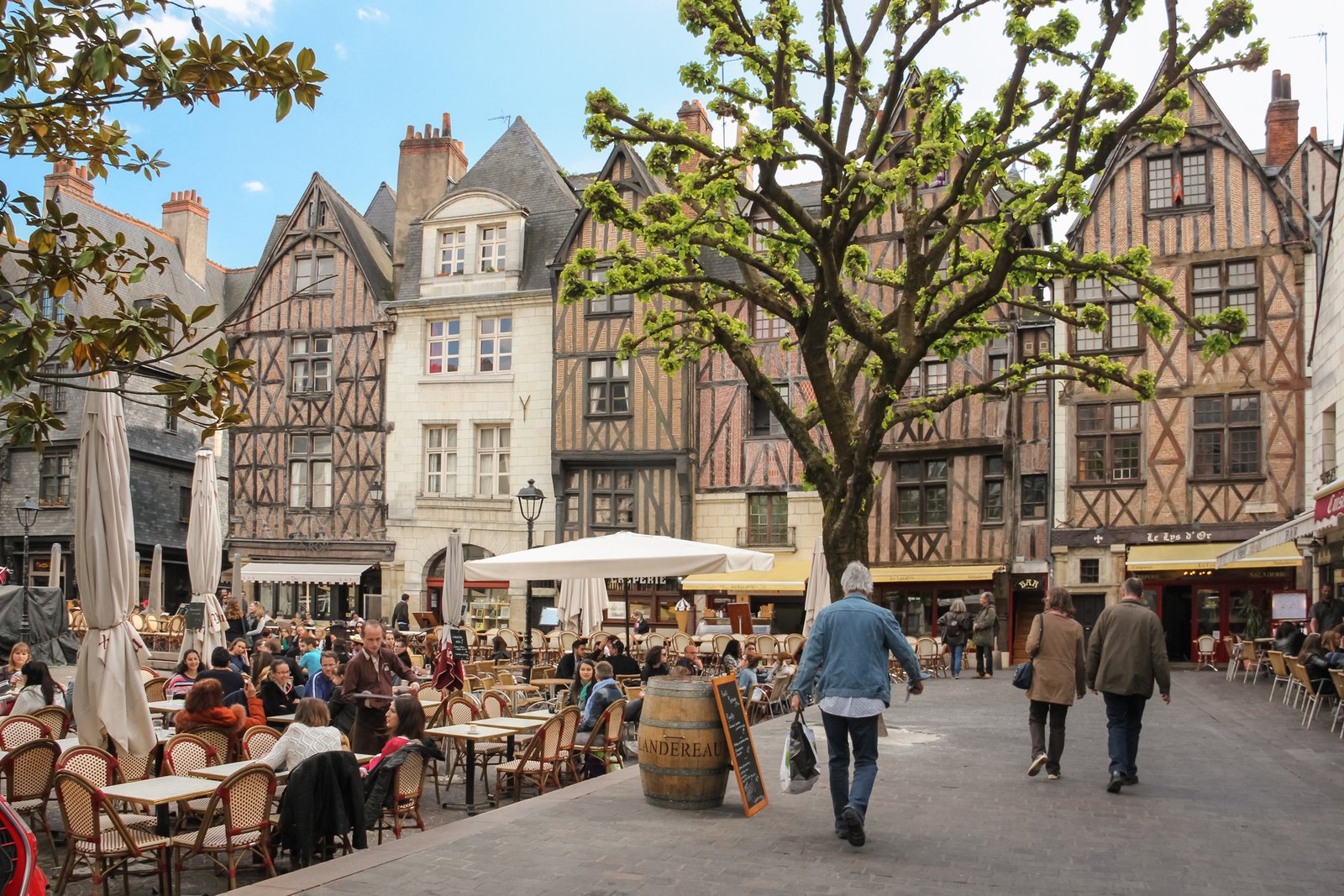
My senses came alive at a hidden bistro near Place Plumereau. A dish of andouillette, with its smoky flavor and creamy potatoes, was a taste of simplicity. The chef said, “We don’t invent—we perfect.” That moment showed me why Tours’ kitchens are so special: tradition is alive here.
The Signature Dishes That Define Tours’ Identity
Tours’ culinary soul shines brightest through its iconic dishes. Each dish is a testament to centuries of tradition. From boldly aromatic sausages to delicate pastries, these flavors are more than meals—they’re stories etched into the region’s history.
Andouillette: The Controversial Local Sausage Worth Trying
The first bite ofandouillette sausageis a rite of passage for any visitor. It’s made from chitterlings and spices. It divides palates but won my heart at a riverside bistro.
Its smoky, earthy depth pairs perfectly with crisp Sancerre wine. Pro tip: ask locals for their favorite vendors. The best versions balance boldness with finesse.
Beuchelle à la Tourangelle: A Classic Veal Delicacy
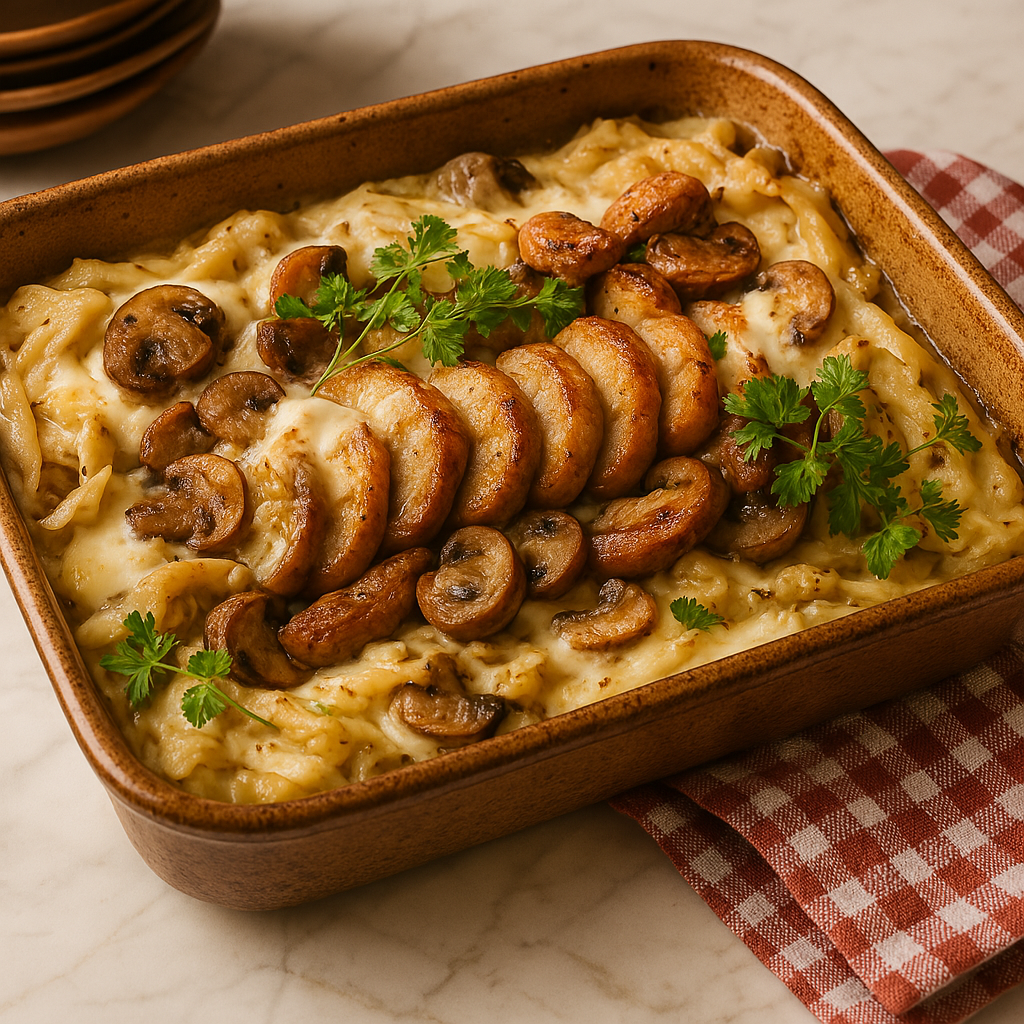
In contrast,beuchelle tourangelleoffers elegance. This veal-and-mushroom terrine melts on the tongue. Its silky texture is a harmony of buttery cream and wild mushrooms.
A must-try at Sunday markets, it’s often served with toasted brioche. This dish feels like a warm embrace from the Loire’s culinary past.
Rillettes and Rillons: The French Preserved Meats
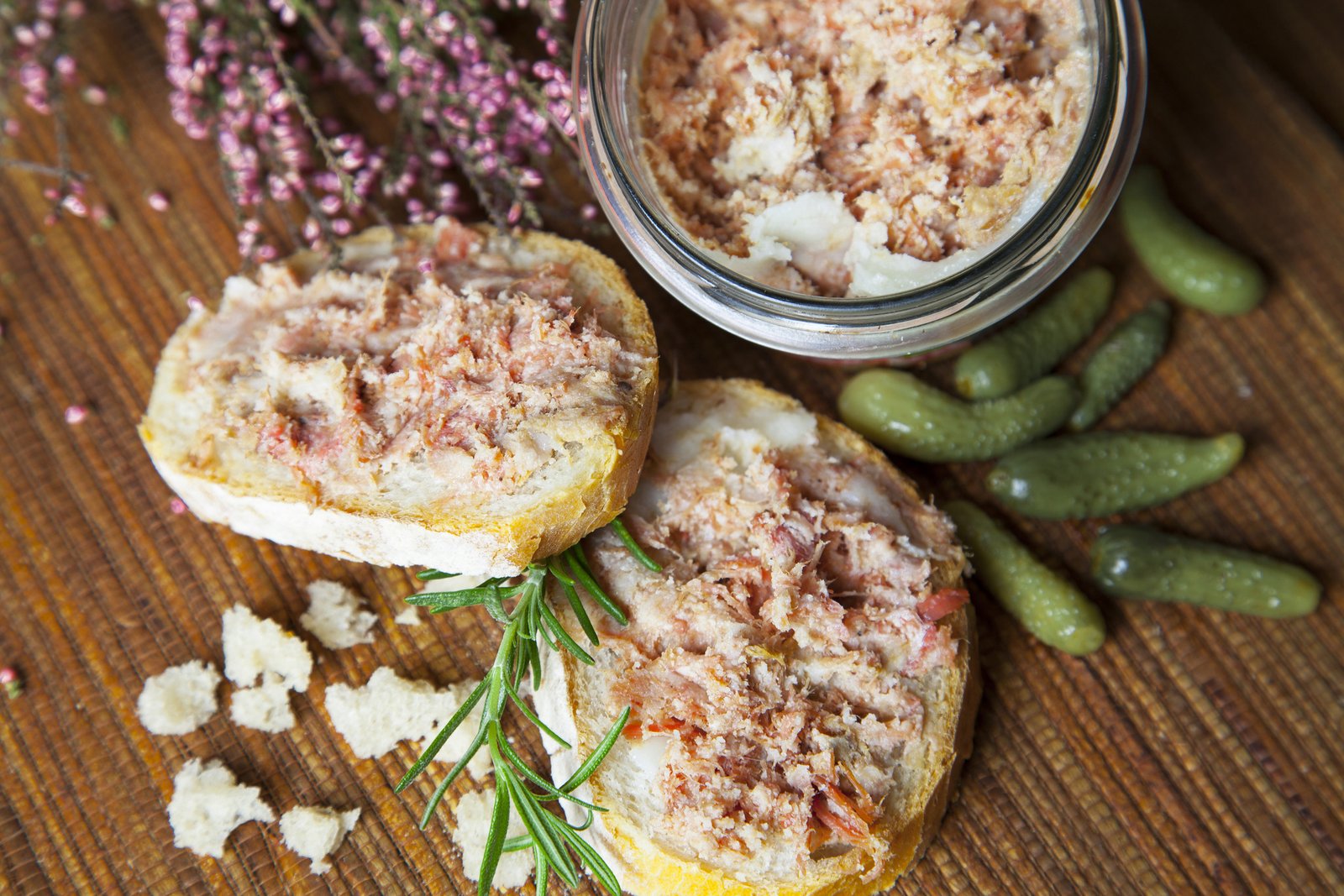
| Preserved Meat | Preparation | Pairing |
|---|---|---|
| Rillettes | Cured pork slow-cooked into a spread | On baguette with cornichons |
| Rillons | Crispy fried pork belly | With salad or as a charcuterie board centerpiece |
TheseFrench preserved meatswere born from necessity but have become art. I discovered their magic at a small charcuterie shop. The owner taught me to savor rillettes as a spread and rillons as a salty crunch against sweet figs.
Fouace Tourangelle: The Sweet Side of Tours
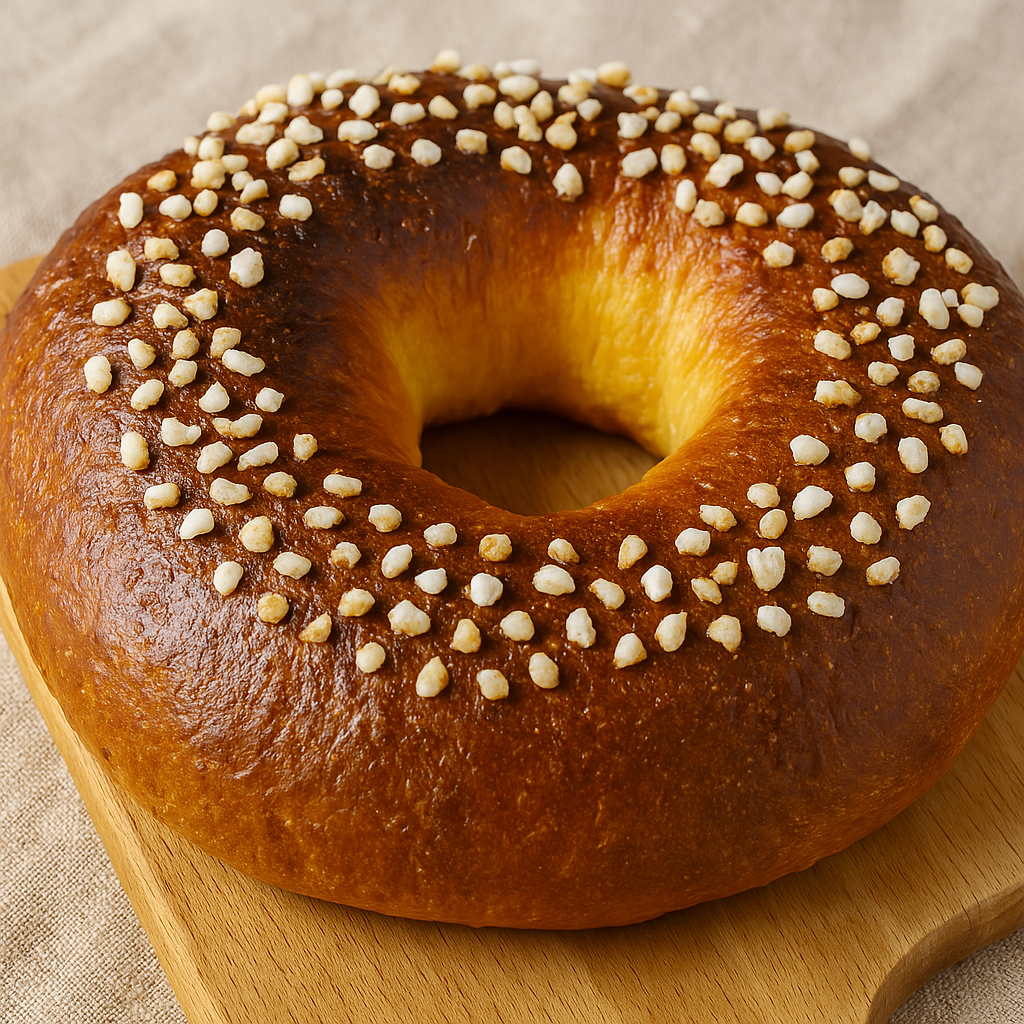
Ending on a sweet note, thefouace tourangelleis a buttery pastry. It’s studded with pearl sugar and orange blossom. Its star-shaped mold reflects local traditions, and the scent of orange flower water lingers like a promise of Tours’ culinary warmth.
Every bite of these dishes is a conversation with history. It proves that Tours’ flavors are as layered as its ancient stone buildings.
A Culinary Tour of Tours France: Neighborhoods and Their Specialties
Exploring Tours France neighborhoods uncovers a world of flavors. In Vieux Tours, medieval buildings house small bistros. They serve dishes like foie gras terrines and salads with walnuts.
One day, I stumbled upon a culinary tour of Tours in a shop. They sold aged goat cheeses from the Loire Valley. The owner showed me how to pair their artisanal charcuterie with Chenin Blanc. This discovery has become a favorite at home.
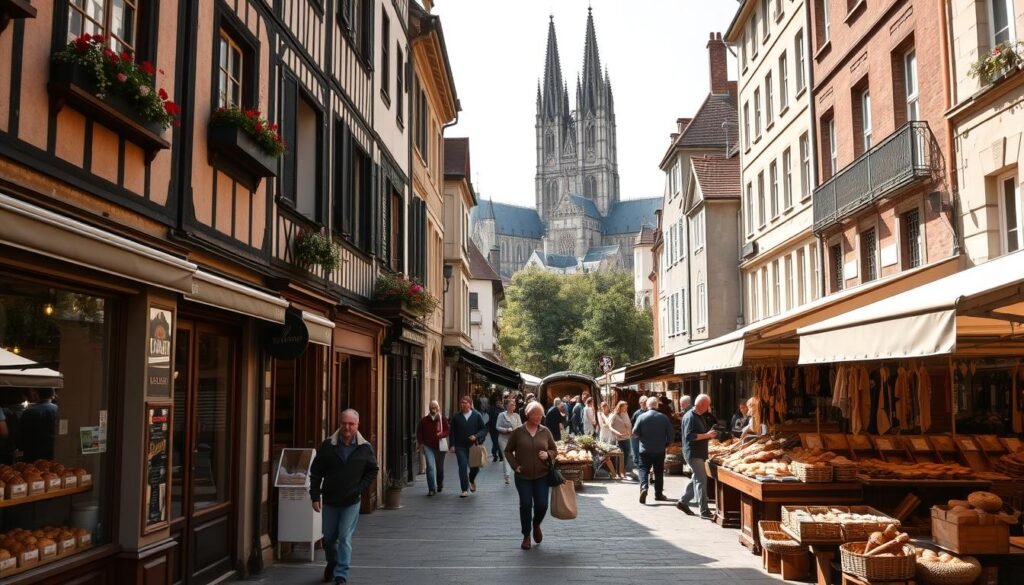
Quartier des Halles is next, with its lively covered market. The smell of fouace bread led me to a bakery. There, the baker shared family recipes.
Modern eateries in the area mix tradition with new ideas. Imagine rillettes in crispy galettes. It’s a unique taste experience.
Saint-Étienne offers a mix of fine dining and cozy cafés. A hidden gem serves beuchelle with truffle cream. It’s so rich, it deserves a walk in the area’s tree-lined streets.
For those on a budget, the university quarter has great deals. You can enjoy tartiflette and crêpes without spending a lot.
Every neighborhood in Tours has its own story to tell through food. From Vieux Tours’ pastries to the market’s fresh produce, the flavors are as rich as the history. Let your senses guide you.
The Markets That Fuel Tours’ Food Scene
Walking through Tours’ Tours food markets, you enter the heart of the city’s food tradition. Places like the Halles de Tours and Place Jean Jaurès are more than just places to shop. They are where you learn about seasonal French produce. Every visit is a chance to learn about terroir from vendors who have been here for years.
Halles de Tours: The Covered Market Experience
Halles de Tours is like a food cathedral. The air is filled with the sounds of vendors and regulars chatting. A cheese monger once showed me the differences in goat cheeses, explaining how they reflect the Loire Valley’s climate.
Here, every stall is a story,”
one vendor said, pointing to a display ofFrench farmers markets favorites like fresh rillettes and pungent crottin de Tours.
Place Jean Jaurès Market: Where Locals Shop
Outside, Place Jean Jaurès is alive with activity. On Sundays, locals gather at stalls with fresh fennel or honeyed melons. Watching them pick produce taught me to look for summer apricots or winter cèpes. A baker’s wife once gave me warm fouace, showing the kindness of these markets.
Seasonal Variations in Tours’ Market Offerings
- Spring: Asparagus and Morel mushrooms first appear, marking the start of the season.
- Summer: Heirloom tomatoes, peaches, and lavender honey are the stars.
- Autumn: Truffles and game meats join late-season apples.
These markets change with the seasons. Returning visitors see how weather changes the offerings, showing the region’s agricultural rhythm. Whether trying a fig-stuffed duck or discussing vineyards, these markets are where Tours’ flavors start.
Wine Culture and Its Influence on Tours’ Cuisine
My first taste of Loire Valley wines was at a hidden cellar in Tours. A sommelier gave me a glass of Vouvray. He said its acidity pairs well with the city’s creamy goat cheeses. This showed me how wine and food in Tours are closely linked.
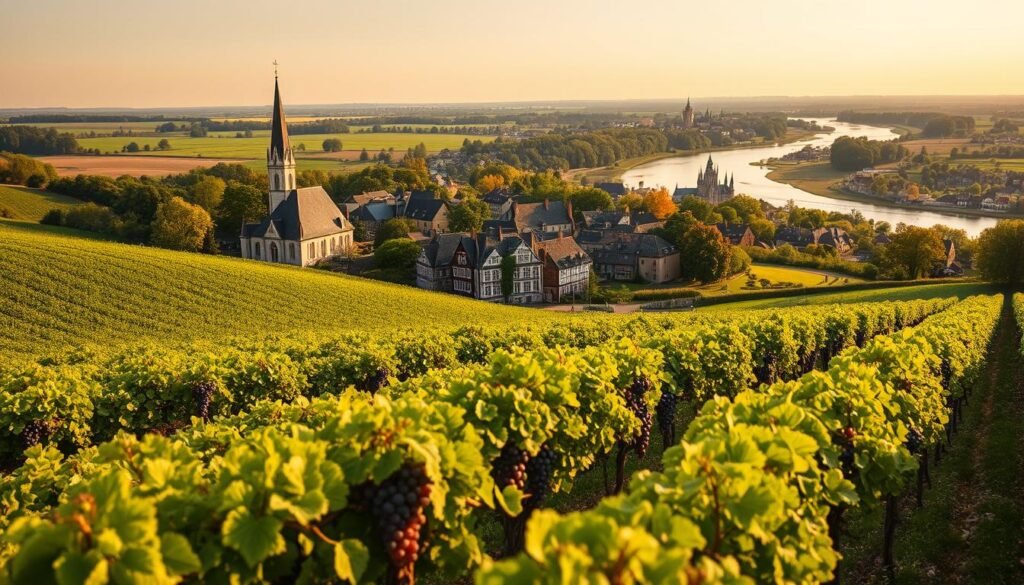
Exploring vineyards outside Tours, I saw how wine influences food. Chenin Blanc from Vouvray or Montlouis makes simple goat cheese plates special. Chinon’s strong Cabernet Francs go well with hearty rillons.
A Bourgueil red, with its earthy and bold taste, pairs well with game dishes. These dishes show the rustic side of Touraine.
- Vouvray’s crispness cuts through pungent cheeses at markets.
- Chinon’s berry-infused reds marry with slow-cooked pork rillettes.
- Montlouis whites, dry and mineral, lift seafood platters near the Loire River.
“Pairing isn’t just tradition here—it’s a language,” a winemaker at Domaine Huet shared, pouring me a glass of 2019 Cheverny. Their words echoed as I sipped a Chinon with confit duck at Le Jardin des Rives, its tannins softening the dish’s richness.
Tours’ wine bars like La Cave du Marché offer flights that show the Loire’s variety. Locals use these wines in sauces, stews, and as drinks with meals. To truly experience Tours, you must try its wines. Each glass tells a story of centuries of harmony between vine and plate.
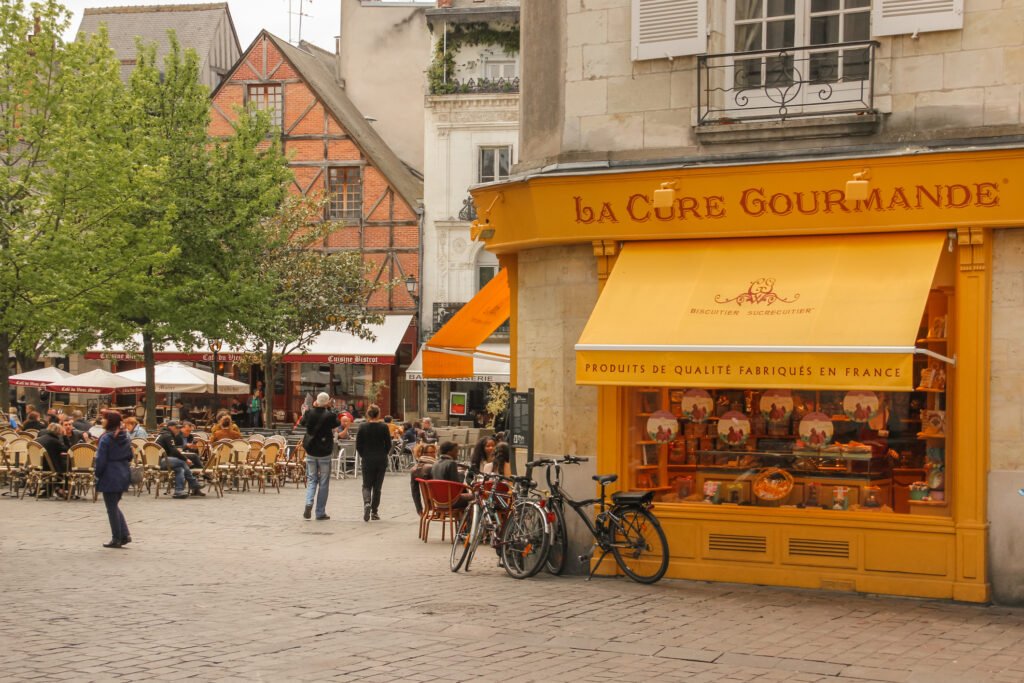
From Farm to Table: The Local Producers Shaping Tours’ Food Identity
Every dish in Tours has a story. Farmers, cheesemakers, and orchard keepers work hard. They focus on tradition and the land. The journey from field to plate is just as important as the meal itself.
Goat Cheese Artisans of the Loire Valley
Goat cheese from the Loire Valley is a big part of Tours’ food scene. At Domaine de la Chèvre d’Or, I saw curds turn into Chaource wheels. The rinds look like autumn leaves.
Each producer makes unique flavors. You can find earthy Valençay or log-shaped Chaource that melts like a cloud. These cheesemakers keep a 12th-century tradition alive.
The Fruit Orchards Surrounding Tours
Outside Tours, orchards cover the land. At Ferme du Val de Cosson, apricots ripen under the sun. Later, they become syrup for crêpes at Le Coq Hardi.
Madame Lefèvre, a sixth-generation grower, said, “Our peaches aren’t just fruit—they’re the voice of this land.” These orchards help keep France’s farm-to-table traditions alive. Their apples make cider, and pears turn into sweet duck confits.
Local Butchers Preserving Traditional Preparation Methods
At Boucherie Lefèvre, Monsieur Henri carefully trims pork for rillettes. His hands move like a sculptor’s. His shop shows the dedication of French food artisans.
His andouillette sausages, full of tripe and parsley, show why Tours’ butchers are special. They focus on using the whole animal. This approach is timeless, showing that sustainability is a way of life.
Beyond the Classics: Contemporary Food Innovations in Tours
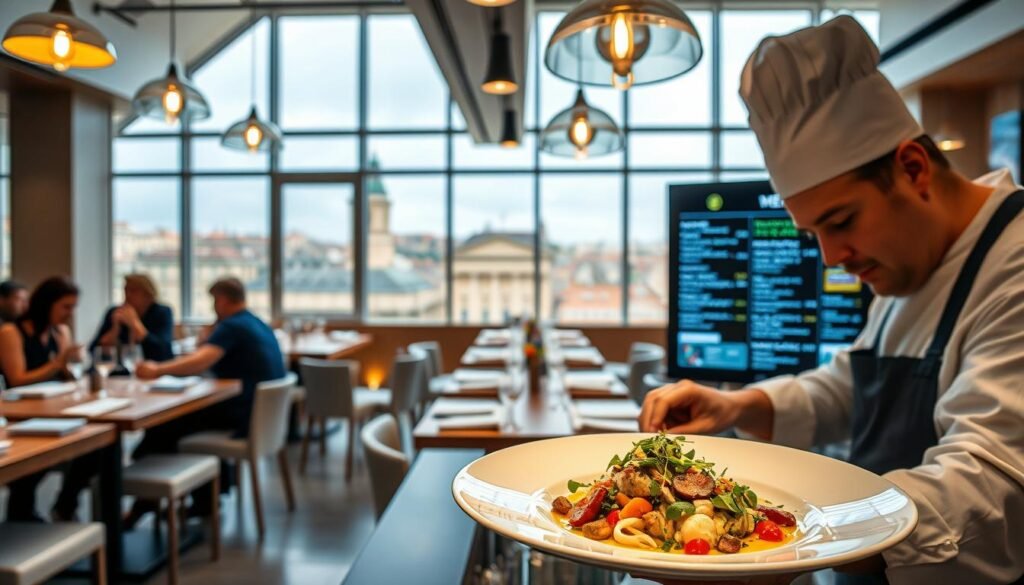
In Tours, modern French cuisine is a mix of tradition and bold new ideas. Chefs here use local ingredients to create unique dishes. For example, they add a smoky twist to andouillette or pair Beuchelle with new sauces.
At Le Clos des Rêves, I tried a tasting menu that blended old flavors with new presentation. It showed how Tours fine dining is always changing.
- Chef Élodie Marceau adds Loire valley herbs to rillons in a sushi-like way.
- La Fermenterie Verte brewery makes sour ales aged in oak barrels, changing how we pair food and drink.
- Chocolats du Cher mixes Touraine pears with Venezuelan cocoa for a unique chocolate experience.
The university in Tours also plays a big role in this change. Young chefs team up with experienced ones for special “fusion nights.” This shows that new ideas can still respect tradition.
A meal at L’Atelier 12 was a goat cheese panna cotta with wildflower honey. It was both new and deeply connected to the past.
Exploring these new tastes is an adventure in itself. Visiting these places is like seeing the future of French cooking through a Tourangeau perspective. For more culinary adventures, contact Epicurean Escape for personalized tastings. The real innovation here is the conversation between old and new, showing Tours is always ready for discovery.
My Personal Restaurant Recommendations in Tours
Tours has something for everyone, from fancy meals to cozy bistros. I’ve enjoyed everything from Michelin-starred dishes to simple croque-monsieur. Each spot has a special place in my heart, thanks to many visits and insider tips.
Fine Dining Experiences Worth the Splurge
Le Jardin de Cythère is a top pick for best restaurants in Tours. Their seven-course menu features Loire truffles and stunning pairings. The sommelier’s choices, like a Chenin Blanc with pike, make each dish unforgettable.
La Table d’Auguste is another gem. It offers a seasonal menu that celebrates the region’s flavors. Both places are worth the extra cost for their memorable dishes.
Hidden Bistros Only Locals Know About
Off the beaten path, Tours bistros shine. Le Comptoir du Marché, near the Halles Centrales market, serves amazing coq au vin. Hélène, the owner, picks every ingredient herself, offering great value.
La Petite Échoppe is another must-visit. It’s been making duck confit since 1945. Their charcuterie board is a reason to go alone.
Budget-Friendly Options That Don’t Sacrifice Quality
Steer clear of pricey tourist spots. For affordable dining Tours, try Chez Lulu. Their duck rillettes sandwiches are just €12. Les Petites Tables offers daily specials like rabbit stew, using fresh market ingredients.
Even the café at Hôtel de la Poste is a hidden gem. Their soups are as good as the pricier places.
Seasonal Food Festivals and Events for Culinary Travelers
Tours’ calendar is filled with events that celebrate every season. You can enjoy autumn’s harvest or winter’s truffle dishes. These Tours food festivals and French culinary events let you explore the region’s heart. My travels showed me how traditions like wine pressing and winter markets tell the Loire Valley festivals‘ stories.
Tours à Table: A Feast of Collaboration
At Tours à Table, chefs from all levels come together. I once saw a chef make fouace with chestnut honey, attracting many. The city becomes a place for food lovers to explore.
Harvest Moon Celebrations: Vines and Community
Vendange fills the air with grape crunch and laughter. At a vineyard near Chinon, I joined in grape stomping. It’s a fun tradition that brings people together. These Loire Valley festivals mix tastings with winemakers’ stories, connecting past and present.
Winter Markets: Truffle Gold and Holiday Cheer
December’s markets turn Place Plumerey into a festive wonderland. You’ll find foie gras tarts and truffle pâtés. A vendor shared a secret garlic recipe for rillettes, making the market feel cozy.
“The best festivals aren’t just events—they’re how we keep our land’s memory alive.”
—Marie, third-generation cheese affineur at Tours à Table
Planning a visit? Time your trip with Tours’ culinary highlights. Each season brings new discoveries.
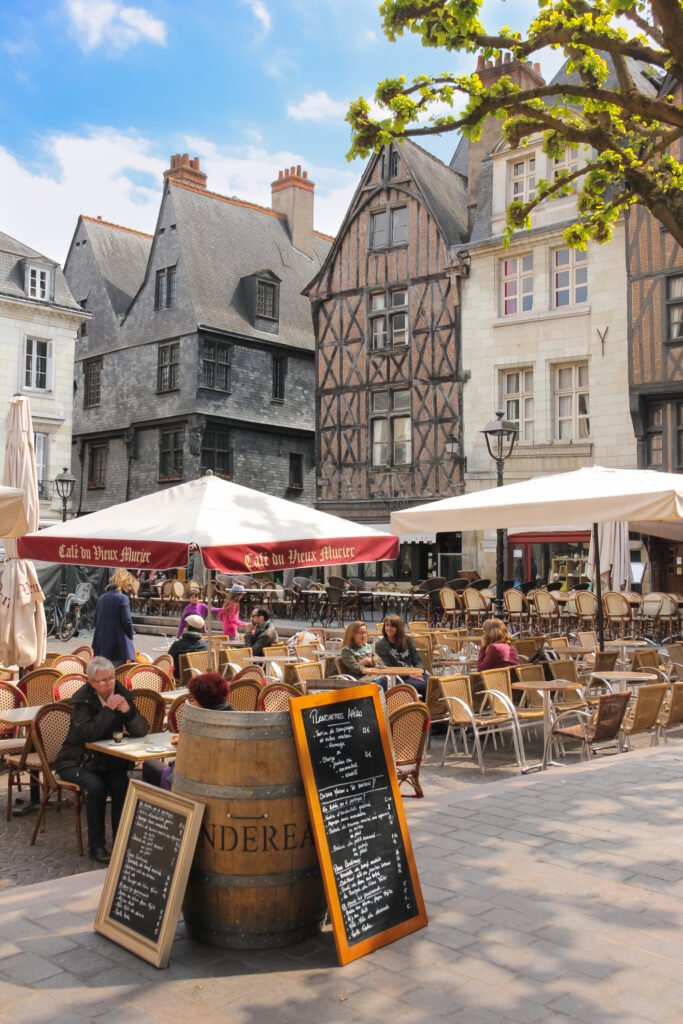
How to Eat Like a Local: Dining Customs and Etiquette in Tours
Learning French dining etiquette in Tours begins with timing. Locals enjoy lunch from 12:30 to 2:00 p.m., a time when businesses close for a meal. Dinner is best after 7:30 p.m. to fit the area’s relaxed pace. I learned the hard way: showing up at 6:00 p.m. means waiting an hour for tables to clear.
- When you order wine, ask for a dégustation to try Loire Valley wines. Guides at Epicurean Escape taught me this tradition honors local winemakers.
- Don’t hurry the check. Saying “L’addition, s’il vous plaît” ends the meal; servers don’t bring bills automatically.
- Tipping 10% is common—leave cash discreetly, not on cards.
“Take your time,” my host advised. This changed my dining experience. Sharing courses and enjoying long talks are key to Tours dining customs. Cafés are lively, with people enjoying café crème for hours without rushing.
Casual-chic is the dress code, even at fancy restaurants. Think linen blouses or tailored jeans.
“Hurry is a foreign concept here,” said a local chef, laughing. “We eat to live, not the other way around.”
Adopting these customs turns meals into cultural experiences. Toasting with Vouvray wine and applauding after meals connect you to Tours’ heart. Let the region’s calm pace guide you—your taste buds and new friends will appreciate it.
Bringing Tours Home: Food Souvenirs and Recipes to Try
Carrying a taste of Tours home starts with the right French food souvenirs and a few trusted French cooking resources. These treasures turn kitchens into gateways to the Loire Valley’s flavors.
Packable Delicacies That Survive the Journey/h3>
| Item | Where to Find | Packing Tips |
|---|---|---|
| Valençay goat cheese | Halles de Tours Market | Vacuum-sealed wheels withstand travel better than fresh wheels. |
| Sweet Touraine mustard | Local spice shops | Opt for small jars to avoid customs limits. |
| Sun-dried fruit pastes | Place Jean Jaurès vendors | Select iron-boxed preserves for stability. |
Cookbooks and Resources for Loire Valley Cooking/h3>
My go-to guide is *La Cuisine Tourangelle* by chef Élodie Lefèvre. It explains techniques like slow-cooking rillettese. For digital learners, the *LoireCuisine.com* app offers step-by-step videos. For Mediterranean-inspired adaptations, explore this recipe for herb-forward techniques.
My Simplified Beuchelle for American Kitchens/h3>
- Marinate veal cutlets in white wine and thyme for 2 hours (traditional recipes use veal shank, but thin cuts work well).
- Bake at 325°F until golden—no stock required, just a splash of cream for richness.
- Serve with toasted brioche and a drizzle of Touraine honey.
These adaptations keep the dish’s herb-forward soul intact while respecting pantry realities.
Conclusion: Why Tours Should Be on Every Food Lover’s French Itinerary
Tours breaks the mold of French dining. It’s not like Paris, but a hidden gem in the Loire Valley. Here, you meet artisans who create French food destinations in a unique way. At the Place Jean Jaurès market, you hear stories from apricot growers and charcutiers.
The city’s charm is simple yet rich. Enjoy andouillette by the river or explore truffle trails near Chinon. This shows how Loire Valley gastronomy is deeply connected to its land.
Visiting for 3-4 days lets you explore the city and nearby vineyards. Combining Tours with a stay in Saumur or a Chenonceau wine tasting is perfect. It’s a journey where every meal has a story.
For real French food, skip the tourist spots. Markets and family-run affineurs offer a true taste of France. One evening, I enjoyed rillettes and Touraine wine on a Loire River terrace. It was a moment that captured the city’s spirit.
Tours is more than a stop on the Loire Valley itinerary. It’s where culinary storytelling meets the heart of regional France. Plan a visit and discover the true essence of French food.

